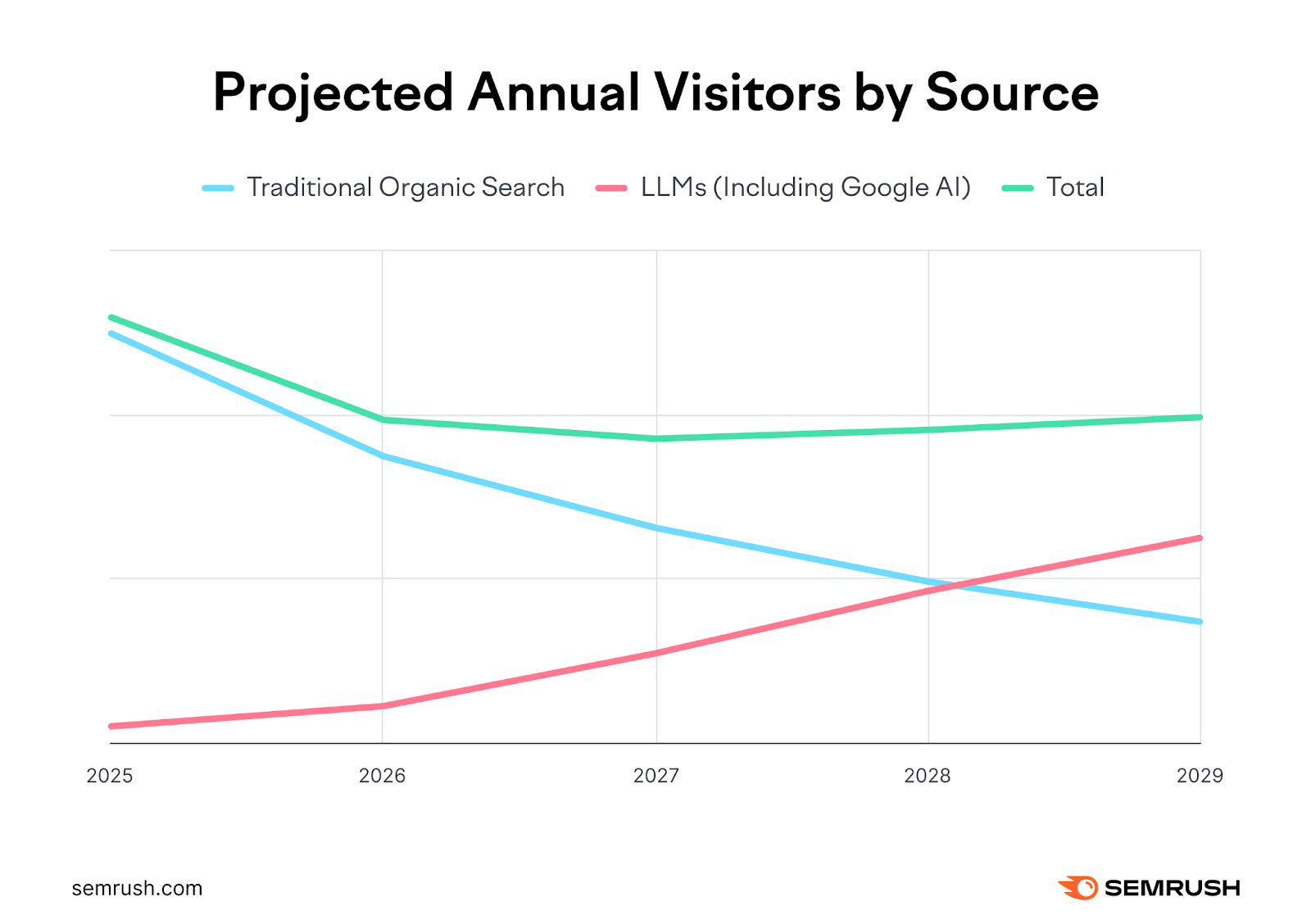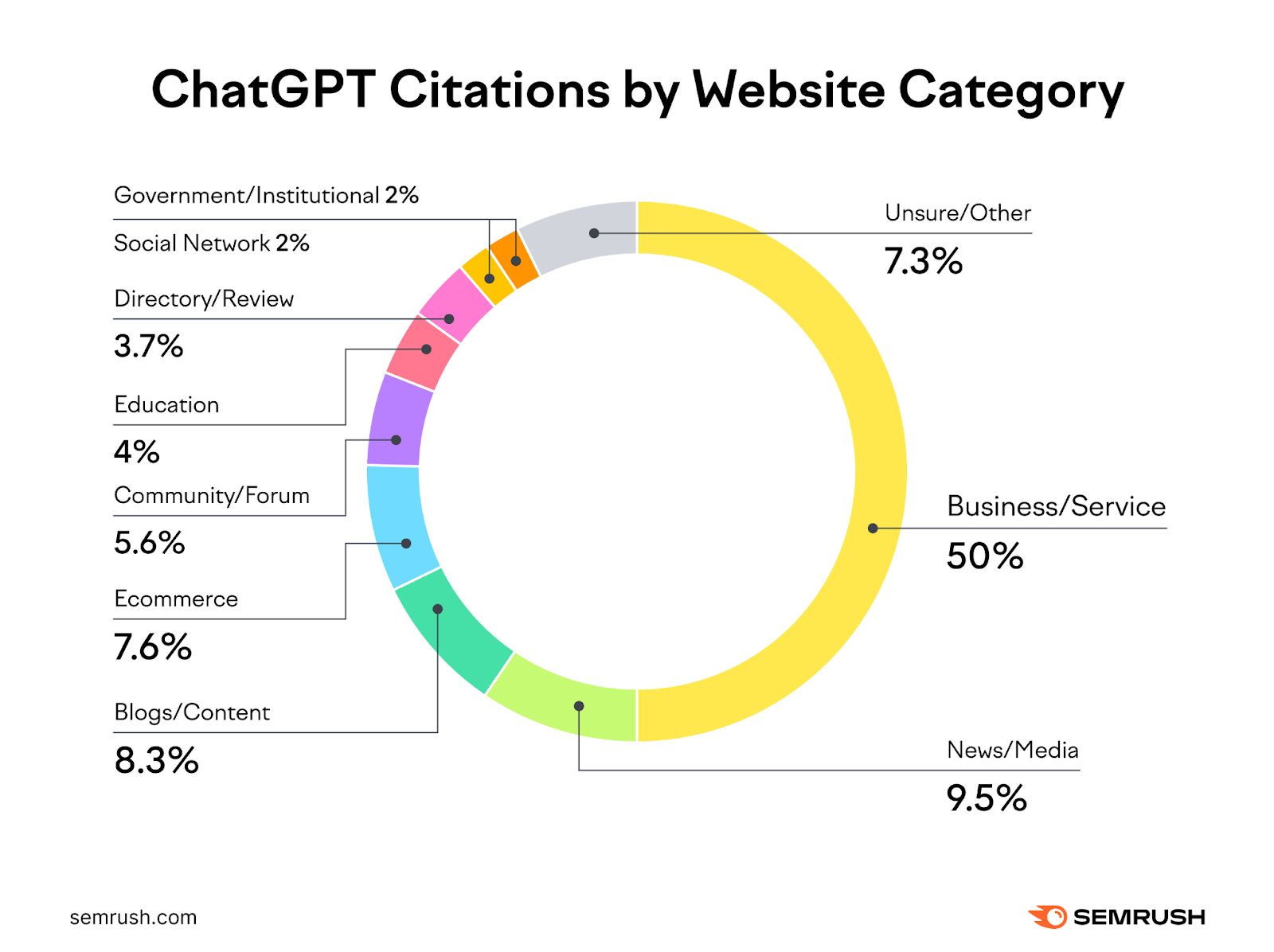Blog
Navigating the Rise of AEO and Direct Answers
As AI-driven assistants and Large Language Models (LLMs) gain prominence, the digital marketing landscape is undergoing a seismic shift. Platforms like ChatGPT, Perplexity, Gemini, and Google's AI Overviews are becoming the initial point of online discovery, synthesizing vast amounts of information to provide direct, natural language answers to user queries. This transformation means that simply ranking in a list of ten blue links is no longer sufficient. Success increasingly hinges on ensuring your content is accurately represented, cited, and integrated into these AI-driven responses, even when users don't click through to your site.

Navigating the Rise of Answer Engines and Direct Answers
The digital marketing landscape is in the midst of a monumental shift, redefining how consumers discover information and make decisions online. For decades, traditional Search Engine Optimization (SEO) has been the bedrock of digital visibility, meticulously focused on keywords, backlinks, and technical adjustments to rank highly in search engine results pages (SERPs). However, the rapid ascent of AI-powered assistants and Large Language Models (LLMs) is fundamentally challenging this established order. Platforms such as ChatGPT, Perplexity, Gemini, and Google's AI Overviews are swiftly becoming the initial point of online discovery, synthesizing vast amounts of information to provide direct, natural language answers to user queries.
This transformation means that simply ranking in a list of ten blue links is no longer sufficient. Success increasingly hinges on ensuring your content is accurately represented, cited, and integrated into these AI-driven responses, even when users don't click through to your site.
The Seismic Shift: From Clicks to Conversational AI
This marks a profound evolution from the conventional search experience. Where traditional search engines act as sophisticated directories, generative engines function as intelligent knowledge synthesizers. They process vast datasets, understand complex queries, and deliver concise, often personalized, answers directly within the AI interface.
Consider the scale of this transformation:
- By early 2028, AI search is projected to drive more visitors than traditional organic search. This isn't just a minor trend; it signifies a fundamental reallocation of digital traffic, underscoring the urgency of adapting to new discovery channels.
- Furthermore, a significant portion of all search queries are already AI-assisted. Projections indicate that over 30% of all search queries will be AI-assisted by 2026.
 Image source: [1]
Image source: [1]
This transition highlights that the core objective is no longer solely about attracting a click, but about influencing the AI's direct response.
 Image source: [2]
Image source: [2]
Introducing AEO: The New Frontier
This new reality necessitates a distinct approach: AEO. As Forbes recently argued in “Stop Saying Generative Engine Optimization. It’s Called Answer Engine Optimization,” the industry needs a single, outcome-focused language. AEO is not about replacing SEO, but rather evolving it to address how AI consumes and presents information. It’s about optimizing for understanding and citation by AI, rather than just clicks.
AI engines prioritize authority, contextual relevance, and the clarity of information over traditional SEO metrics like raw traffic numbers or simple keyword density. They value content that is easily digestible and synthesizable. For instance, research on ChatGPT's citation patterns reveals a strong preference for authoritative sources:
- 50% of its citations often come from Business/Service websites.
- News/Media accounts for approximately 9.5% of citations.
- Blogs/Content makes up around 8.3%.
- Notably, Wikipedia alone accounts for 40% of ChatGPT's citations.
 Image source: [1]
Image source: [1]
This shift in preference underscores that AI engines pick up signals based on how widely a brand or page is discussed, and the perceived authority of its content, not just how often it appears for a specific keyword. Forbes now urges teams to drop the generative acronyms entirely and focus on AEO to gain executive clarity and adoption. [3]
The Value of AI-Driven Engagement and Discoverability
The implications for brands and content creators are immense. When AI engines "bring the web to the user," as highlighted by BCG, the value shifts from simply attracting a click to influencing the AI's direct narrative about your brand or product. [4] This direct influence can be incredibly powerful for product discovery and conversion.
Visitors originating from AI search tend to exhibit significantly higher purchase intent and engagement, translating to measurable business value:
- Visitors from AI search convert up to 23x higher than those from traditional organic search, demonstrating a superior quality of traffic.
- AI chat-driven recommendations influence a substantial 42% of online buyers' final purchase decisions, reflecting the persuasive power of these personalized interactions.
Navigating this terrain requires a strategic pivot: understanding how AI processes information, optimizing your content for its unique consumption patterns, and rigorously measuring your presence and sentiment in AI-generated answers. Embracing AEO is no longer an option but a critical pathway to ensuring your brand remains discoverable and influential in the rapidly evolving digital ecosystem. As the landscape continues to evolve, understanding and leveraging AEO will be key to unlocking the Future of Discoverability and being the answer.
Sources
[1] Semrush - AI Search SEO Traffic Study. https://www.semrush.com/blog/ai-search-seo-traffic-study/
[2] Gartner - Gartner Predicts Search Engine Volume Will Drop 25 Percent by 2026, Due to AI Chatbots and Other Virtual Agents. https://www.gartner.com/en/newsroom/press-releases/2024-02-19-gartner-predicts-search-engine-volume-will-drop-25-percent-by-2026-due-to-ai-chatbots-and-other-virtual-agents
[3] Forbes - Stop Saying Generative Engine Optimization. It’s Called Answer Engine Optimization. https://www.forbes.com/sites/joetoscano/2025/09/30/stop-saying-generative-engine-optimization-its-called-answer-engine-optimization/
[4] BCG - How Generative Engines Bring Web To You. https://www.bcg.com/x/the-multiplier/how-generative-engines-bring-web-to-you
Other articles
